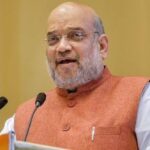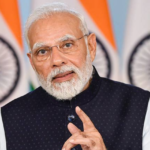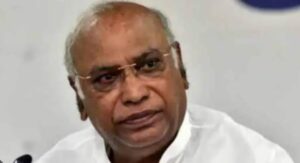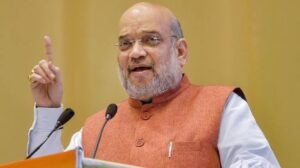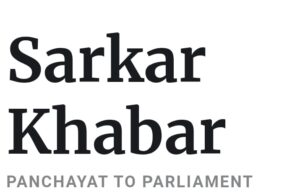
Jaishankar and Wang Yi Meet Again, Stress Strong Guidance for Ladakh Disengagement
New Delhi, 26th July 2024: In a second meeting within three weeks, India’s External Affairs Minister S. Jaishankar and China’s Foreign Minister Wang Yi met on Thursday and concurred on the necessity for “strong guidance” to advance the disengagement process in eastern Ladakh, a critical step towards restoring normal bilateral relations.
Jaishankar’s post on X emphasized this agreement, building on their previous meeting in Kazakhstan earlier this month, where he had called for increased efforts to achieve complete disengagement. Both leaders recognized that prolonging the border situation was not beneficial for either side.
The ministers met during an ASEAN event in Vientiane. Despite their agreement on urgently working towards full disengagement, Jaishankar reiterated India’s stance: peace and tranquillity along the borders and respect for the Line of Actual Control (LAC) are crucial for normal bilateral relations. He emphasized that the state of the border directly affects the state of India-China ties.
“Agreed on the need to give strong guidance to complete the disengagement process. Must ensure full respect for the LAC and past agreements. It is in our mutual interest to stabilize our ties. We should approach the immediate issues with a sense of purpose and urgency,” Jaishankar stated after the meeting.
He further noted to Wang that, amidst global conflicts and economic disruptions, stabilizing ties and focusing on development is mutually beneficial for both countries. “Our ability to ensure that they are stable and forward-looking is essential both for the prospects of Asia and that of the multipolar world,” Jaishankar added, highlighting the significant importance of Sino-Indian relations today.
The Indian government released a statement indicating that the talks aimed at resolving the remaining issues along the LAC to stabilize and rebuild bilateral relations. Both ministers concurred on the necessity to work purposefully and urgently towards complete disengagement.
“Both sides must fully abide by relevant bilateral agreements, protocols, and understandings reached between the two governments in the past,” stated the Indian readout. Jaishankar reiterated the importance of the three mutuals—mutual respect, mutual interest, and mutual sensitivity—to their relationship. The ministers also agreed to hold another round of diplomatic talks to address the issue.
The Chinese readout did not specifically mention expediting disengagement in the remaining areas but noted that both sides agreed to work together to maintain peace and promote “new progress” in border consultations. “It is hoped that the two sides will meet each other halfway, actively explore the correct way for the two neighbouring major countries to get along, and guide all sectors to establish a positive understanding of each other,” the Chinese statement added, with Wang emphasizing that normalcy in Sino-Indian ties is also a common expectation of the Global South.
Notably, the call for strong guidance harkens back to the India-China joint statement after the 2018 informal summit in Wuhan, where PM Narendra Modi and President Xi Jinping agreed to provide “strategic guidance” to their militaries to enhance communication and build trust.
Since the standoff began in May 2020, India and China have achieved disengagement at four points in the Western sector. However, disengagement has remained elusive in the Depsang and Demchok areas despite 21 rounds of military and 15 rounds of diplomatic talks, with China viewing these as legacy issues predating the current standoff.


